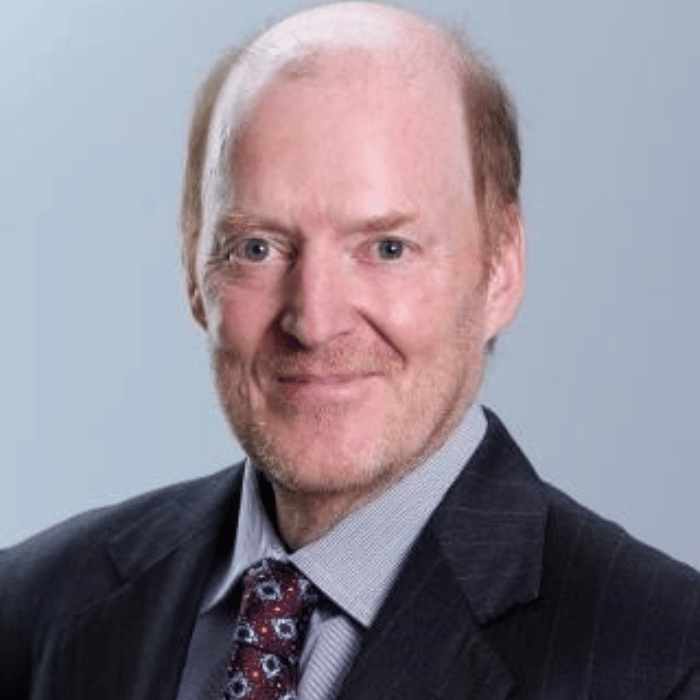

Constructed for Resilience, Yet Born in Crisis: The Story of IER
It is 2024. The world is struggling to deal with the catastrophic disruptions brought about by climate change, which is becoming a more profound reality. The Institute for Economic Resilience (IER) was established in response to this catastrophe. We are a think-and-do organization committed to creating a future for our planet that is more resilient than simply another think tank. We are a catalyst for action.
Creating an Interprofessional Orchestra: A Ensemble of Expertise
We are not alone in here. Our team is a dynamic workforce made up of many areas of expertise. Each member offers a distinct viewpoint and extensive expertise to the table; they include financiers, economists, and environmental scientists. Together, this diverse powerhouse of talent and a shared drive for positive change, allow us to produce genuinely pioneering solutions for the convergence of sustainable development and climate change.
Cooperation is Important For The Strength of Teamwork
We are aware that resilience cannot be developed in a vacuum. It calls for a chorus of voices and a cooperative endeavour that includes corporations, governments, international organizations, NGOs, and UN agencies. We support this collaborative attitude, collaborating to create targeted interventions and push for the general adoption of sustainable practices. This is about creating long-term resilience that can withstand the storms of the future, not simply one-time fixes. We are proponents of information sharing, collaborative dedication to a sustainable future, and stakeholder empowerment at all levels.
GOALS
The IER's core mission revolves around creating a just and sustainable development transition in the UK, US, Switzerland, Thailand, Philippines and Pakistan. To achieve this, we focus on several key areas. First, we try to serve as trusted sources that hold all the knowledge, expertise, and advisory services to support the government, the private sectors, and the NGOs in implementing the UK, US, Switzerland, Thailand, Philippines, and Pakistan's environment and development agenda.
Secondly, we conduct in-depth, multidisciplinary research that focuses on sustainable and developmental issues. Using our findings, we provide policy advice on matters aligning with our mission. Additionally, we actively contribute to strengthening the research and infrastructure within the UK, US, Switzerland, Thailand, Philippines, and Pakistan, both socially and physically.
Finally, we believe in a full-scale effort to start a collaboration and then actively engage in joint advocacy efforts and other activities with like-minded organisations, either domestically or internationally. Through these multifaceted efforts, we can strive to create a lasting positive impact on our targeted country's development trajectory.
We at the Institute of Economic Resilience (IER) champion a comprehensive and detailed vision of sustainable development. We recognise the core links between peace, social justice, and well-being across generations. We have dedicated ourselves to generating knowledge that will empower governments to make informed policy decisions that foster constructive dialogue with civil society on points of public interest.
We operate as a dual-engine process. This means that, on one hand, we conduct original research on the complex challenges that will be faced when trying to achieve sustainable development. This research is then translated into actionable insights through insightful policy advice and targeted advocacy efforts. In this way, we adopt the role of a trusted advisor, influencing positive change.
On the other hand, we at IER recognise the importance of the power of empowering others. We serve as an extensive information resource for people and shall provide them with valuable resources, materials, and training opportunities. By doing this, IER will have fulfilled its enabling role. We go out of our way to encourage your participation! Feel free to share your views and inquiries on our website and explore how IER can be a valuable resource for you and your organisation.
Discover the Creative Leaders
of Our Inspiring Team
Mr. Graham R. Cook
visionary leader
Mr. Graham R. Cook
visionary leaderDr. Kamal Ahmed
CEO
